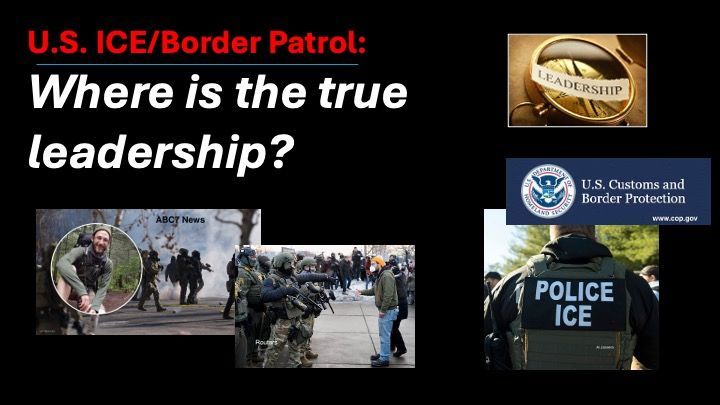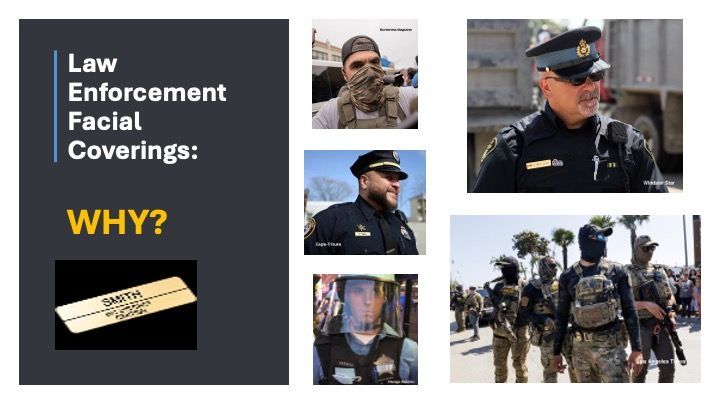New Paragraph
Farewell
Photo from: www.dodsandmcnair.com
Chief Barry King passed away on August 3rd, 2024. He was my friend and a mentor.
Following a number of years as a skinny young military police officer (I’ve seen the pics!), Barry joined the OPP in 1964 and served at Brockville OPP until 1969. For his retired small and mid-sized police Chief friends that served in the trenches with Barry as they fought the potential takeover of their services by the big, bad OPP, yes, Barry had been a Provincial! None-the-less, he challenged the OPP and its leaders – including me, whenever he thought we were wrong. And sometimes he was right!
Barry moved to the then Mississauga Police and eventually the newly formed Peel Regional Police, where he advanced through the ranks and was prominent in a number of high-profile events and investigations.
He then left Peel in 1987 to become the Chief of the Sault Ste. Marie Police Service. My hometown. That’s where I first got to know Barry. The Sault PS and OPP got better than average service from the OPP’s Polygraph Services Unit at that time, because I was one-third of the unit, and my parents lived there. I spent many weeks in the Sault working with both services on a variety of cases each year, and Barry always took the time to find me and say hello. It was always clear to me when he walked around the Detective Office in the Sault PS at that time that he was well-accepted by the investigators there.
As I visited many police departments in my investigative roles back in the 80s and 90s, it didn’t take me long to figure out who the real leaders were at the Chief level and who were those that simply occupied the chair. I could feel it the air and then see it for myself as I watched the interactions. Then of course the folks I worked with at the time would quickly fill in the blanks and tell me how they honestly felt about the various incumbents. Barry was a respected leader.
He moved to the Brockville Police Service and became Chief there in 1995. It was a smaller service for him, but it grew and modernized over the 12 years of his leadership. I got to know him even better then, after I took over the OPP’s Eastern Region. Several smaller PS Chief colleagues there were not supporters of the OPP, but Barry remained fair and moderate. He’d contact the OPP for assistance in a heartbeat if he felt it was in the best interests of his community or his officers, and then publicly laud us for our support. At the same time, he’d contact me if he had a concern, rather than get into slamming us in the media. He’d also attend public events and stand proudly beside me in uniform as a united policing team. I could always count on Barry to be the honest voice of sweet reason and not fall into the "us against them" agenda that existed at the time. That’s leadership and I learned a lot about it from him over those years.
When he retired from Brockville in 2007, policing lost one of the best, but Barry remained active in many community safety organizations over the years following. He also remained prominent at provincial and national Chief’s Association meetings – adding to them all.
We kept in touch by email and at various events, and of course I always enjoyed his company and advice.
During one episode of what was then a CP24 live monthly call-in show that I appeared on with host and news veteran Sue Sgambati, we received many calls from unknown citizens, some supportive of police; some not; and others downright ridiculous. One evening Sue said, “We have Barry on the line from Guelph” and the caller started. He commended the Ontario government for appointing me, went on and on about what a great guy I am, and then threw a lob-ball question at me that I could’ve answered in my sleep. I recognized Barry’s voice immediately, but he never mentioned that he was a retired Chief.
I last saw Barry in Guelph months ago when a mutual friend and I took him out for lunch. Despite his long and arduous battle against cancer, he looked good. He smiled, laughed, told stories and had a beer like the old Barry. I was so glad that I got to see him that way.
Barry called me on July 17 to tell me that he was going downhill and to say goodbye. He thanked me for our time together. He said, “We got a lot of good things done.” Sad, but a class act to the end. I had a lot more to thank him for than the other way around.
Rest in peace brother.
Please join me in thinking of his loving family at this difficult time.




